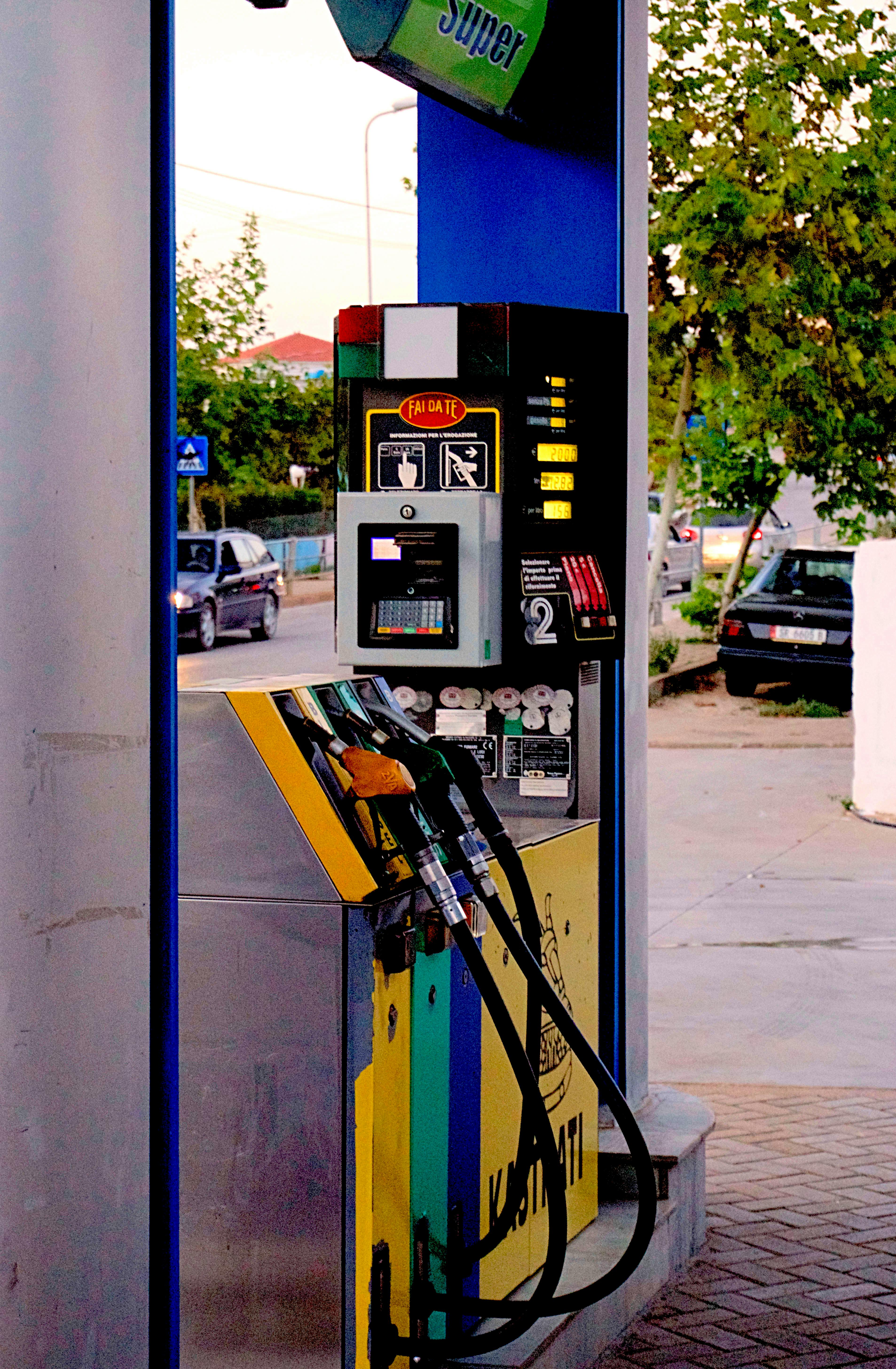Gazproms Struggles: The Impact Of The Ukraine War On Russias Gas Giant

The Ukraine war has caused significant upheaval in the geopolitical landscape, with far-reaching consequences for various industries. One of the most affected entities is Gazprom, Russia’s state-owned natural gas giant. A recent company-commissioned report has highlighted the severe impact of the conflict on Gazprom, warning that the company may not recover its lost export revenues for more than a decade. This article delves into the challenges Gazprom faces due to the Ukraine war, exploring the decline in export revenues, geopolitical hurdles, and the company's future strategies for recovery.
Decline in Export Revenues and Long-Term Financial Outlook
According to the report, Gazprom has experienced a substantial decline in its export revenues as a direct result of the Ukraine war. The conflict has disrupted supply chains, severed crucial export routes, and led to a significant reduction in demand from European markets, which were among Gazprom's largest customers. The report projects that it could take more than a decade for Gazprom to recover from these losses, posing a serious threat to the company’s long-term financial stability. This prolonged recovery timeline highlights the deep financial wounds inflicted by the ongoing conflict.
Geopolitical Challenges and International Sanctions
The geopolitical context surrounding the Ukraine war has created a highly challenging environment for Gazprom. The company has been targeted by a series of international sanctions aimed at curtailing Russia’s economic power. These sanctions have restricted Gazprom’s access to international capital markets, technology, and equipment necessary for maintaining and expanding its operations. Additionally, the political instability and strained relations with Western countries have further complicated Gazprom’s ability to conduct business as usual. The cumulative effect of these sanctions has severely hampered Gazprom’s operational capabilities and growth prospects.
Impact on Gazprom’s Strategic Partnerships and Global Market Position
Before the conflict, Gazprom had established numerous strategic partnerships that were vital to its global market position. However, the Ukraine war has disrupted these relationships, with many international partners distancing themselves from Gazprom to avoid association with the Russian government. The company’s global market position has been further weakened by the shift in energy dynamics, as European countries seek to reduce their dependency on Russian gas and explore alternative energy sources. This shift has not only affected Gazprom’s market share but also its ability to negotiate favorable terms in existing and new contracts.
Future Strategies and Recovery Plans for Gazprom
Despite the daunting challenges, Gazprom is exploring several strategies to navigate the crisis and pave the way for recovery. In the short term, the company is focusing on stabilizing its financial situation through cost-cutting measures and optimizing its existing operations. For the long term, Gazprom is considering diversification into alternative energy sources and markets less affected by geopolitical tensions. Innovation in natural gas technology and potential collaborations with non-Western countries are also being explored as part of Gazprom’s recovery plan. Additionally, the company aims to strengthen its presence in Asia, where demand for natural gas continues to grow.
Conclusion
The Ukraine war has inflicted severe damage on Gazprom, with a company-commissioned report warning that recovery of lost export revenues may take more than a decade. The combination of geopolitical challenges, international sanctions, and shifting energy market dynamics has created a highly complex environment for Gazprom. However, by adopting innovative strategies and exploring new markets, Gazprom aims to navigate these challenges and secure its future. The company’s ability to adapt and innovate will be crucial in determining its long-term prospects in the ever-evolving geopolitical landscape.
Author: Brett Hurll
Copper's Comeback: Inside BHP And Lundin's Argentine Asset Acquisition
Copper, often dubbed "the metal of electrification," is experiencing a resurgence in demand due to its critical role in ... Read more
Revitalizing Commodities: How Clean Energy Is Breathing New Life Into A Stagnant Market
The commodities market, traditionally a cornerstone of investment portfolios, has experienced a decade of stagnation. Ho... Read more
European Airports Disrupted By Escalating Climate Protests
Climate activists have escalated their protests at European airports, blocking runways and causing flight disruptions in... Read more
Hungary's Russian Oil Dilemma: Why Brussels Is Cautious In Offering Support
Hungary's reliance on Russian oil has led it to seek support from Brussels to ensure continued access to this crucial en... Read more
Unveiling China's Secret Commodity Stockpiles: What Lies Ahead?
Xi Jinping's extensive reserves of grain, natural gas, and oil hint at future challenges.In a move shrouded in secrecy, ... Read more
Copper Miners Brace For Industry Overhaul As End Users Seek Direct Deals
The copper mining industry is bracing for a significant overhaul as end users, including cable manufacturers and car com... Read more

